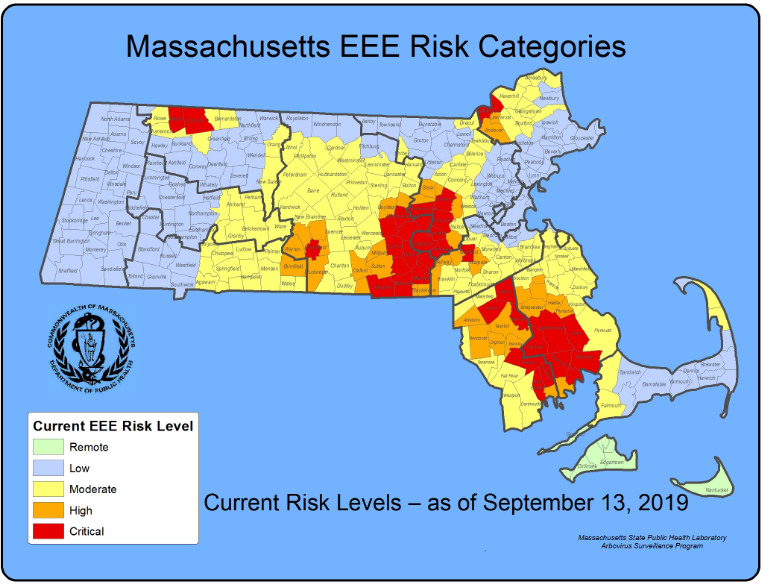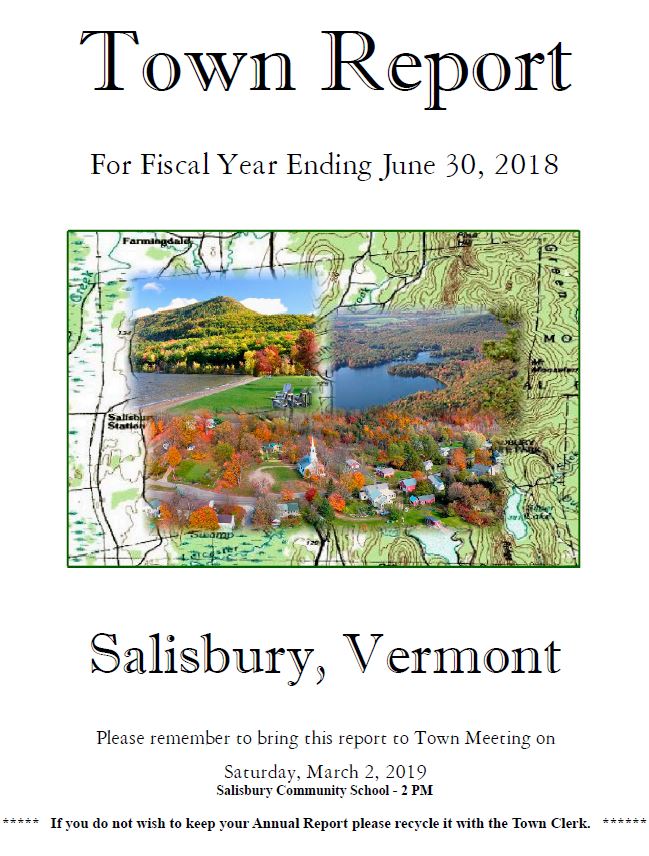In advance of last Thursday’s BLSG Board of Trustees meeting, Mike Blaisdell, BLSG Chair, called Patti Casey of the Vermont Agency of Agriculture. He wanted to discuss a statement Casey had made two weeks earlier. Casey was responding to the annual report that BLSG had submitted for inclusion in the Town Reports of BLSG’s member towns. The report included false claims about the ability of BLSG activities to reduce the risk that a resident will contract a mosquito-borne disease.
Casey’s response was unequivocal and confirmed our position that 1) BLSG is not authorized to mention that their operation has any impact on mosquito-borne disease, that 2) truck-mounted adulticide spraying has no substantial impact on mosquito-borne disease, and that 3) BLSG has been avoiding state recommendations and honest public relations for some time.
Before the board meeting Blaisdell had conferred with Jeff Whiting, BLSG Vice Chair representing Goshen, and decided that they would recommend that the Board comply with Casey’s requests to change BLSG’s stance on this issue. Blaisdell told the board that evening; “We feel that we shouldn’t say anything about the diseases that mosquitoes carry … because, one, it does look like we are trying to campaign off of the diseases that they carry.” There was an immediate response from Will Mathis, the BLSG Operations Manager; “Aren’t we?” This set the stage for a 15 minute discussion of whether BLSG’s longstanding strategy of overstating the risk of arboviruses to garner support for their activities was a good thing or a bad thing.
Continue reading “BLSG Board resists compliance with state request”


